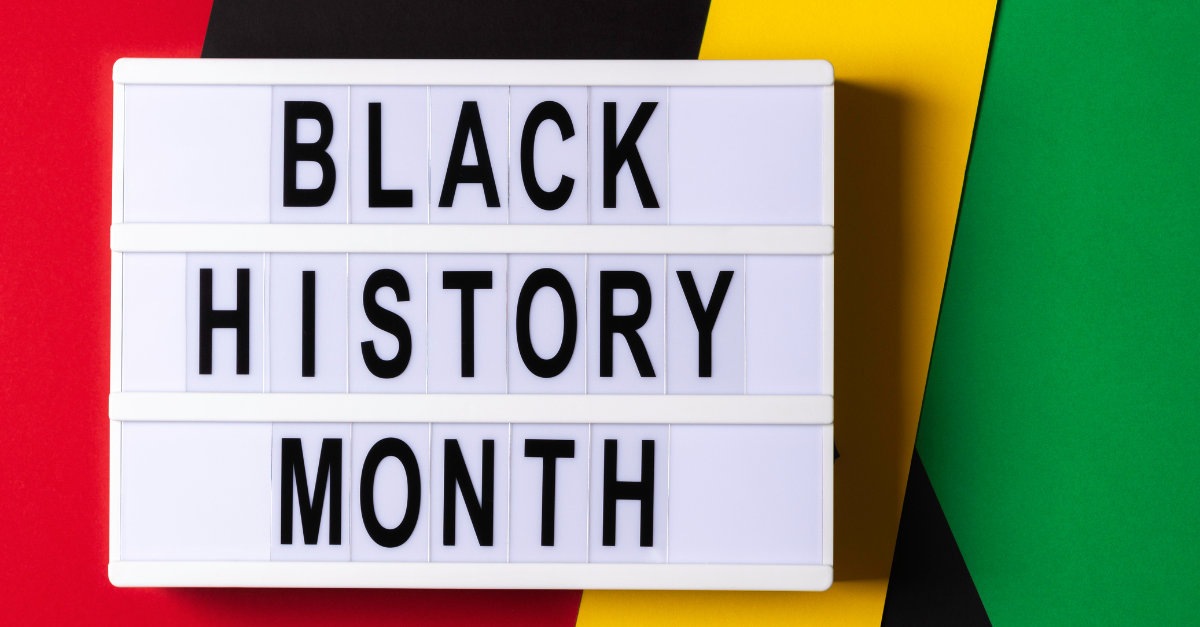Passover, or Pesach in Hebrew, is one of the most important holidays in the Jewish calendar. It commemorates the liberation of the Jewish people from slavery in ancient Egypt. Whilst being of the utmost religious significance, Passover holds a universal message of freedom, resilience, and the celebration of diversity that resonates with people of all backgrounds and beliefs.
The Passover Story and its Religious Significance
The Passover story begins with the Israelites living in Egypt, where they were enslaved by Pharaoh. Their lives were filled with hardship and suffering. Moses was then chosen by God to lead the Israelites out of slavery; and through a series of miraculous events and divine interventions, including the burning bush and the ten plagues, Moses confronted Pharaoh and demanded the release of his people. Whilst Pharaoh is reluctant to let the Israelites leave, God sends ten plagues upon Egypt to persuade Pharaoh to release his chosen people.
Pharaoh finally relents and allows the Israelites to leave. As the Israelites flee, Pharaoh changes his mind and pursues them with his army. God miraculously parts the Red Sea, allowing the Israelites to cross on dry land. When the Egyptians attempt to follow, the waters close, drowning them.
The story ends with the Israelites reaching Mount Sinai, where Moses would receive the 10 Commandments, as well as the rest of the Torah (the Jewish Laws), from God. This event marks the end of the journey from slavery to freedom, whilst also beginning the next step in the history of the Jewish people as they look to enter the Promised Land.
The rules and customs of Passover are deeply rooted in Jewish tradition. Whilst there is a list of fundamental rules associated with Passover, each Jewish community around the world has their own additional traditions that have been passed down from generation to generation.
One of the central rituals of Passover is the Seder, a ceremonial meal where family and friends gather to retell the story of the Exodus, recite special prayers, and partake in symbolic traditions. The seder takes place on the first two nights of the 8-day festival. A key feature at the Seder is the Seder plate, adorned with items each serving as a visual representation of a different aspect of the Passover story. These include:
• Maror: Bitter herbs, symbolising the bitterness of slavery.
• Charoset: A mixture of fruits, nuts, and wine, symbolising the mortar used by the Israelite slaves.
• Karpas: A vegetable, often parsley or celery, dipped in saltwater symbolising the tears shed during slavery.
• Z'roa: A roasted shank bone, symbolising the Paschal lamb sacrificed in the Temple.
Besides the Seder, a core practice is to refrain from eating chametz, which is any food containing wheat, barley, rye, oats, or spelt that has been allowed to ferment and rise. Instead, Jews will eat Matzah, an unleavened bread. This is to commemorate the haste with which the Israelites left Egypt, not having time to allow their bread to rise.
What we can take from Passover in our day to day lives
There are ideas that can be taken from the story of Passover that extend beyond religious boundaries, resonating with anyone who has experienced oppression or injustice. In a world marked by ongoing struggles for equality and human rights, the message of Passover is more relevant than ever. It serves as a call to action to stand in solidarity with those facing oppression and to work towards creating a more just and inclusive society.
nPassover encourages reflection on the concept of freedom and its implications in our daily lives. It prompts individuals to examine the barriers, both internal and external, that prevent them from living fully and authentically. By confronting these obstacles head-on, one can embark on a personal journey of liberation and self-discovery, much like the Jewish people did thousands of years ago.
The story of Passover is also a testament to the power of community and the strength found in unity. Throughout history, marginalised groups have banded together to resist oppression and advocate for their rights. It serves as a reminder that no matter the obstacles one faces, liberation is attainable through courage, perseverance, and collective action. Passover reminds us of the importance of standing shoulder to shoulder with our neighbours, regardless of differences in faith, culture, or background.
Some ideasPassover is not just a Jewish holiday; its message transcends religious boundaries, inspiring people of all backgrounds to strive for a better, more inclusive world.
Support from Delta Capita
At Delta Capita, we value the well-being of our employees. We wantstaff to feel supported regardless of their race, culture or background.
Are you looking for a new workplace that values diversity and employee well-being? Check out our latest vacancies. Also, find out how Delta Capita is reinventing the workplace through employee-centric projects at our Reinventing Hub.





